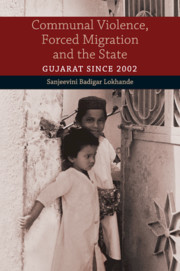
- Publisher:
- Cambridge University Press
- Online publication date:
- March 2016
- Print publication year:
- 2015
- Online ISBN:
- 9781107588332
- Subjects:
- Area Studies, South Asian Government, Politics and Policy, Asian Studies, Political Sociology, Politics and International Relations, Sociology



